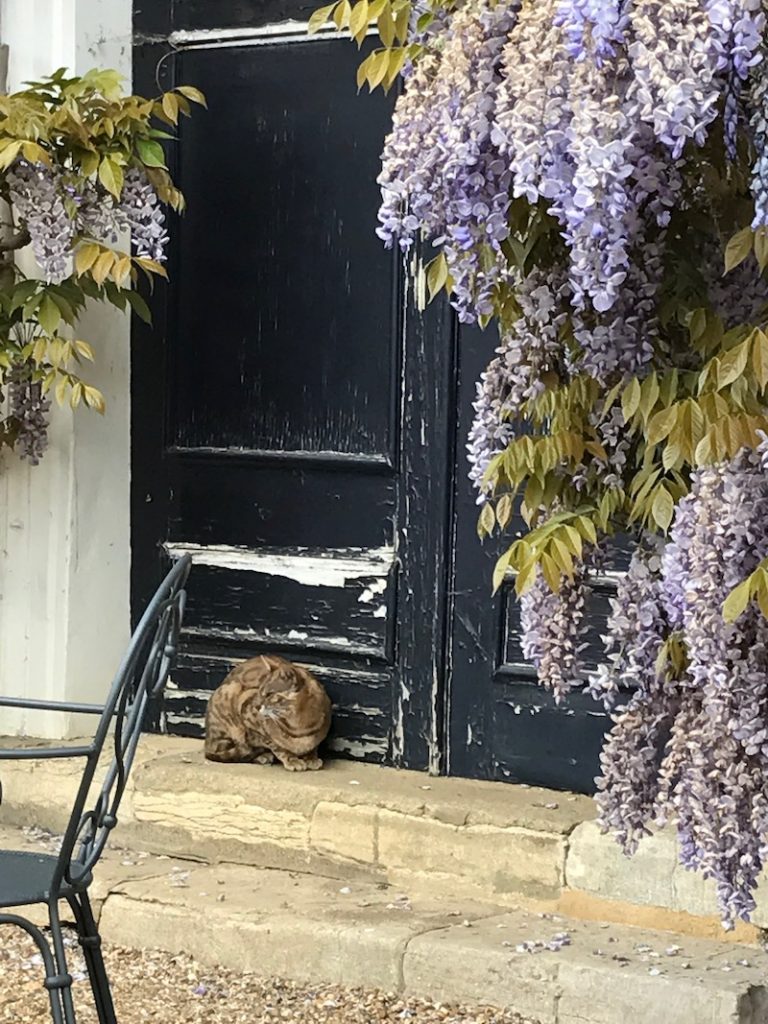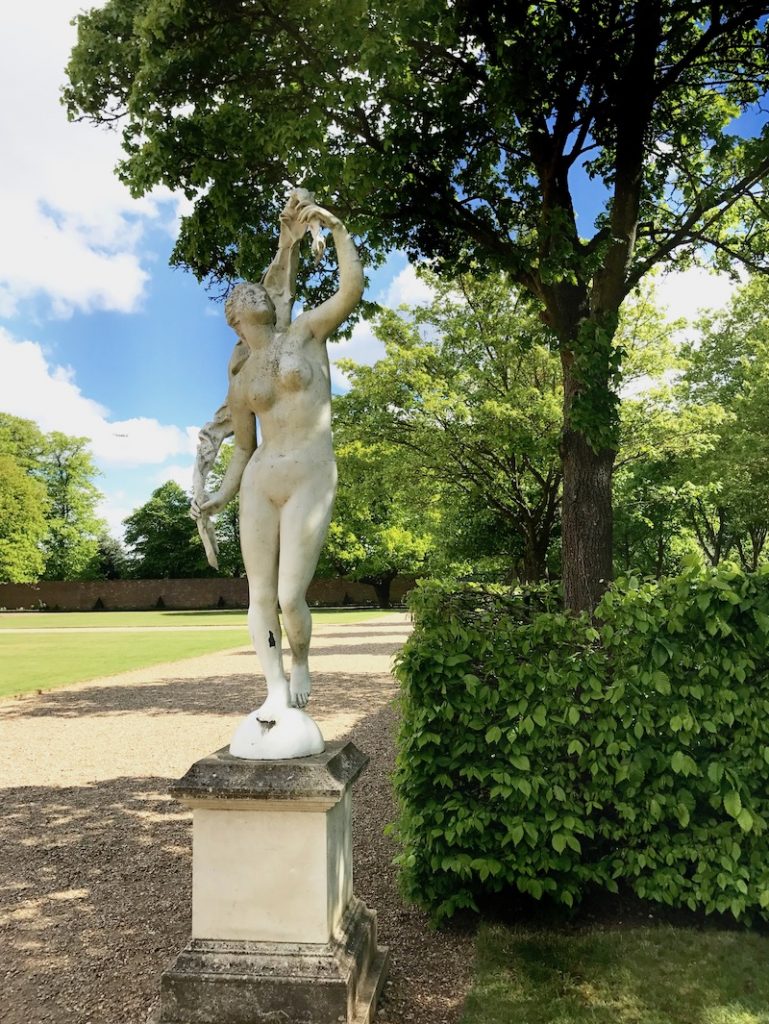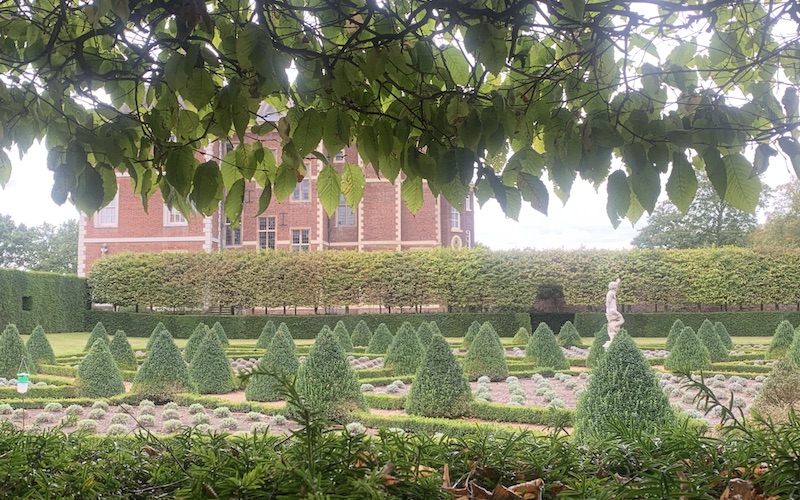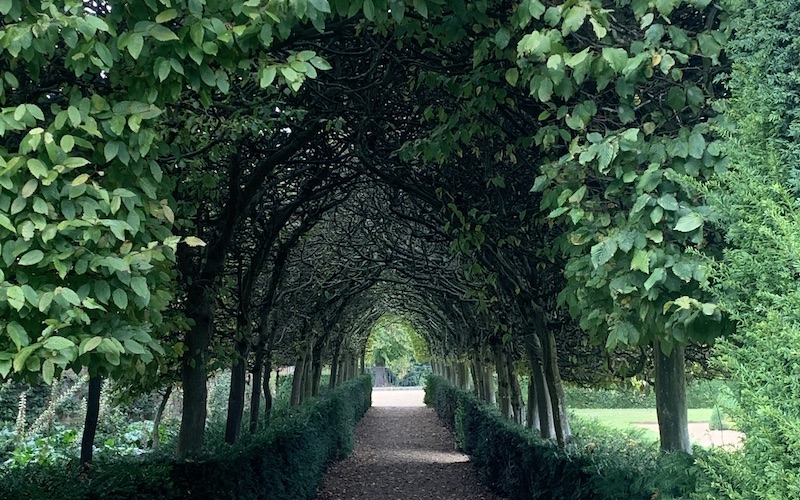![]() By Catriona Graffius
By Catriona Graffius
January 29 2020, 12.25
Follow @SW_Londoner
The National Trust has commemorated its 125th anniversary by pledging to reach carbon net-zero and plant 200 million trees by 2030.
Europe’s largest conservation charity has made tackling climate change its top priority on its birthday.
The charity, which has over 5.6 million members, also hopes to encourage a more interactive relationship with the British public.
National Trust Director-General Hilary McGrady said: “This anniversary is a real milestone in our history.
“Throughout our 125 years, the country and society has changed dramatically.
Were you expecting more snow at this time of year?
— National Trust (@nationaltrust) January 28, 2020
Climate change is affecting our seasons so wildlife is having to adapt to ever changing conditions. Here’s how we’re working to tackle this threat: https://t.co/A6YDqfI0KK
Tune into #WinterWatch on @BBCTwo to find out more. pic.twitter.com/QNWlBH7EdY
“Today we are seeing the effects of climate change on nature and our landscapes. We must do everything in our power to respond.”
Canaries of Climate Change
While for some, the National Trust conjures up images of old houses, tea and scones, the charity also cares for large stretches of coastline, farms, and natural sites such as peat bogs and wetlands.
The variety of land the charity owns makes it uniquely placed to monitor global warming.
“We are seeing the canaries of climate change all over our properties,” said the trust’s climate change advisor, Keith Jones.
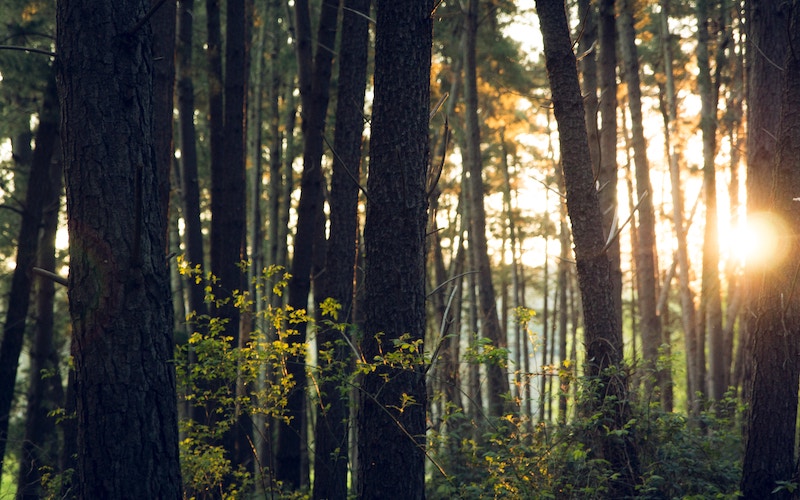
“With over a 100 years of site knowledge we are seeing the impacts in real time.
“These range from the effects of storms in parklands through to the changes in nature’s calendar.
“We are at a crisis point. We all need to play our part in mitigating against changes to our landscape, habitats, and wildlife.”
Research carried out by the National Trust has put 73% of its site at risk from climate change.
Visiting Ham House
At Ham House, the National Trust’s iconic Richmond property, head gardener Rosie Fyles is keenly aware of global warming.
Managing 18-acres of grounds which include a maze-like wilderness, a kitchen garden and an orangery, everything planted has to be robust enough to stand hotter summers and heavier rainfall.
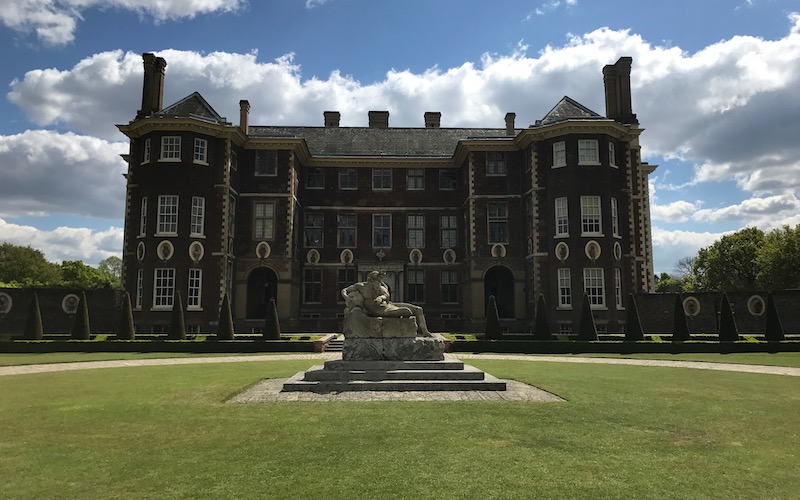
“As the garden custodian here, with 400 years before me, I’m now trying to apply a climate change perspective to every single action,” Rosie said.
“It’s a new, vital future view that makes my head spin.”
In her four years at the helm, Rosie has encouraged a more biodiverse approach.
From growing 1,200 lavender plants to attract bees, to collecting the rainwater from the house’s gutters for use in the gardens, everything is geared towards sustainability.
“Our gardens reflect on history, nature and people: climate change and sustainability links all of those together,” said Rosie.
Most important are the people.
Ham House now encourages visitors to engage with the gardens by bringing their dogs, having picnics on the lawn, or tasting a petal from the edible flowers grown there.
“So many people think of Ham as their back garden,” said Rosie.
“It’s a haven. We want to enable people to see green spaces and embrace them. The old days of ‘keep off the grass’ are long gone.”
Kira Kolosova, 23, a first-time visitor to Ham House, said: “I really enjoyed the gardens and the house. They’re very beautiful and well-maintained, so it’s a real pleasure to spend time there on a sunny day.”
Looking to the future
The 125th anniversary has given those at Ham House time to reflect on why the National Trust was created and how they can open up their spaces to as many people as possible.
A lot of that is about providing quiet, beautiful places for people to escape from the pace of modern life.
“It’s been surprisingly easy to take some of the words from the past and apply them to today,” said Rosie.
“Octavia Hill, one of the founders, described London as time poor and having no space.
“I think we can all relate to that now.”
On the first Sunday of every month, Rosie and Dr Hannah Mawdesly, Ham House’s collections manager, now hold a free local walk with coffee and cake to get to know people in Richmond.

They plan to celebrate the anniversary with events across the year, including a picnic day this summer.
Hannah said: “The anniversary helps us stop and think about where we want to be in another 125 years’ time.
“We want to be working towards a more inclusive atmosphere. We want people to come here and to love the house. But we also need to balance that with looking after the collection and preserving it for future generations.”
The National Trust was founded in 1895 by Octavia Hill, Canon Hardwicke Rawsley, and Sir Robert Hunter.
Their mission was to care for historic houses and open them up for the ‘enjoyment, refreshment and rest’ of everyone.
As part of their 125th anniversary, the National Trust is embarking on a year-long campaign to connect people with nature, including dancing outside, rooftops at dawn and activities to mark Britain’s blossom season.
